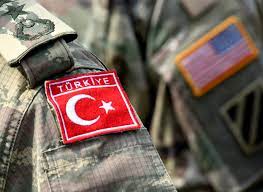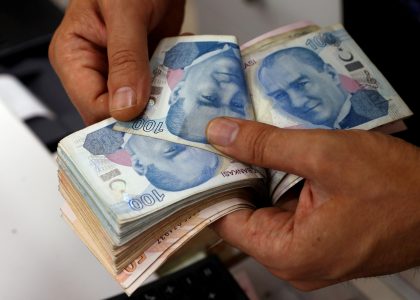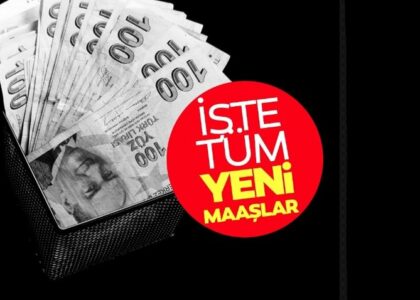Sweden and Finland’s application for NATO membership, prompted by the war in Ukraine, has highlighted the dispute between Turkey and the two Nordic countries, which Ankara accuses of supporting terrorists.
“The PKK is well established in these two countries which are home to several influential associations and a rich cultural production. Which obviously displeases Turkey a lot”, underlines Hardy Mède, doctor in political science at the University of Paris 1, specialist in the question. Kurdish. “In the 1950s, the Swedish state granted visa facilities to many Kurdish students who left to study in the USSR and who could not return home for political reasons. This tradition of welcoming continued after the 1971 and 1980 coups in Turkey, which generated new waves of exiles, and continue to this day.”
Out of 10 million inhabitants, Sweden today has around 100,000 Kurds. A much smaller diaspora than in Germany (nearly a million people) or in France (250,000), but particularly active politically since eight deputies of the Swedish Parliament are of Kurdish origin.
If the phenomenon of migration from Turkey is more recent in Finland, it has accelerated in recent years with the hardening of Erdogan’s government policy. According to Turkish Minister of Justice Bekir Bozdağ, the extradition files of six members of the PKK and six members of the Gülen movement are already awaiting processing in Finland, while those of 10 Gulenists and 11 members of the Kurdish armed group are waiting in Sweden.
Aware of the growing influence of its opposition outside its borders, the Turkish power has multiplied legal proceedings in recent years to try to obtain the extradition of those it considers political adversaries. Many requests have been filed in Sweden, France, Germany or even in the United States, with little or no success.
Even claims about alleged members of the PKK, though considered a terrorist organization by the European Union and the United States, are mostly dismissed, judges fearing that these militants will not be able to benefit from a fair trial in Turkey .
“Westerns criticize Turkey for a concept of terrorism without nuance, instrumentalized to muzzle its opponents”, explains Didier Billion, deputy director of the Institute of international and strategic relations (Iris) and author of several books on Turkey. “Ankara, for its part, considers the fight against terrorism as a vital issue, especially in the face of the PKK, which declared war on it almost 40 years ago and which has managed to maintain itself despite fierce state repression.”
Faced with Turkish pressure, the Swedish and Finnish leaders refer to the signed text, indicating that they wish to strengthen cooperation with Turkey without modifying their legislation.
“The European Union has a very critical position vis-à-vis Turkish justice, which it knows is completely controlled by Erdogan’s AKP”, analyzes Hardy Mède. “Sweden and Finland rely on this European unanimity, claiming that they will not change their procedures on the question of human rights. This argument allows them to counter the question of Turkish extraditions, especially since many of these cases have already been dismissed in both countries.”
“It therefore seems very unlikely that Sweden and Finland will accede to these requests, with the possible exception of a few specific cases,” he continues. “On the other hand, measures will probably be taken to reduce the influence of the PKK in these countries. This could involve more rigorous control of donations collected by associations, or even the closure of some of them.”
After the signing of the agreement with Turkey, Finland and Sweden claimed to have received no list or specific request for extradition from Ankara.
Accused of treason by the leftist opposition, the Swedish government tried to reassure the Kurdish community by organizing a meeting at the Ministry of Foreign Affairs. For her part, Swedish Prime Minister Magdalena Andersson refused to comment on the promise mentioned by the Turkish president to return “73 terrorists of PKK” from Sweden to Turkey.





